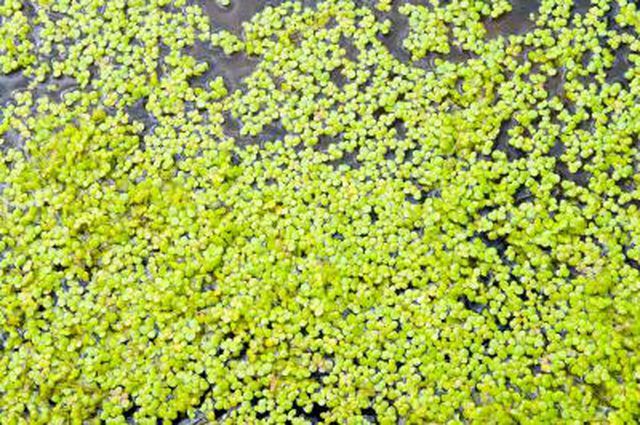Bulbs
Flower Basics
Flower Beds & Specialty Gardens
Flower Garden
Garden Furniture
Garden Gnomes
Garden Seeds
Garden Sheds
Garden Statues
Garden Tools & Supplies
Gardening Basics
Green & Organic
Groundcovers & Vines
Growing Annuals
Growing Basil
Growing Beans
Growing Berries
Growing Blueberries
Growing Cactus
Growing Corn
Growing Cotton
Growing Edibles
Growing Flowers
Growing Garlic
Growing Grapes
Growing Grass
Growing Herbs
Growing Jasmine
Growing Mint
Growing Mushrooms
Orchids
Growing Peanuts
Growing Perennials
Growing Plants
Growing Rosemary
Growing Roses
Growing Strawberries
Growing Sunflowers
Growing Thyme
Growing Tomatoes
Growing Tulips
Growing Vegetables
Herb Basics
Herb Garden
Indoor Growing
Landscaping Basics
Landscaping Patios
Landscaping Plants
Landscaping Shrubs
Landscaping Trees
Landscaping Walks & Pathways
Lawn Basics
Lawn Maintenance
Lawn Mowers
Lawn Ornaments
Lawn Planting
Lawn Tools
Outdoor Growing
Overall Landscape Planning
Pests, Weeds & Problems
Plant Basics
Rock Garden
Rose Garden
Shrubs
Soil
Specialty Gardens
Trees
Vegetable Garden
Yard Maintenance
How to Grow Duckweed
How to Grow Duckweed. Free-floating duckweed (Lemna minor) can quickly cover the surface of a pond or backyard water feature, shading the water so algae can't invade. It provides food and cover to pond fish, such as koi, in slow-moving waters. Duckweed can also become highly invasive in frost-free climates, but it dies off each winter in colder...

Free-floating duckweed (Lemna minor) can quickly cover the surface of a pond or backyard water feature, shading the water so algae can't invade. It provides food and cover to pond fish, such as koi, in slow-moving waters. Duckweed can also become highly invasive in frost-free climates, but it dies off each winter in colder regions. It rarely becomes a problem in small backyard ponds where its growth range is limited. It grows in both sun and shade in U.S. Department of Agriculture plant hardiness zones 4 through 10.
Things You'll Need
Submersible pump, aerator or bubbler
Pond heater
Pot
Container
Potting soil
Place a submersible pump, pond aerator or a bubbler in the pond to provide some oxygenation and water flow. Place the pump or bubbler in a position that allows some water in the pond to remain still, because duckweed needs still or slow-moving water movement to thrive.
Place a pond heater in the water to maintain a water temperature above 70 degrees Fahrenheit in cooler climates. Duckweed can survive and grow at any temperature above freezing, but it grows more slowly at temperatures below 70 F.
Skim out the excess duckweed and dispose of it when it forms an overly thick mat on the water's surface. If the duckweed completely covers the pond surface, it can shade out desirable pond plants or deplete oxygen in the water if it dies off, which can kill both plants and fish.
Place a pot in the water that is a few inches taller than the pond's depth if fish are eating all the duckweed. Grow the duckweed in the pot. The fish can still nibble at any duckweed that escapes the pot, but the plants inside the pot are safe and provide an ongoing supply of replacement plants for the rest of the pond.
Fill a container with 2 to 3 inches of moist soil and spread the duckweed over the soil surface to overwinter it indoors in cold climates. Cover the plants with 2 inches of water. Keep the duckweed in a frost-free area and replenish the water as needed until replanting in spring after frost danger has passed. Skim the duckweed from the container and place it back in the pond in spring after the last frost.
Tips & Warnings
Duckweed rarely needs fertilizer in healthy ponds that contain both fish and other water garden plants, but residual fertilizer in the water from other pond plants won't hurt duckweed.
Duckweed isn't affected by pests or diseases, although the plant may stay sparse if a lot of fish are eating it.
Do not grow duckweed in open water that attracts ducks or other waterfowl, or ponds connected to outside water sources through streams or creeks. Duckweed rarely escapes small ornamental ponds but it can become an aggressive, invasive plant in larger bodies of water.